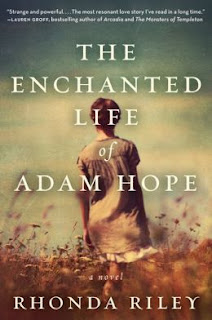 Highlights from her interview with Fresh Air's Terry Gross:
Highlights from her interview with Fresh Air's Terry Gross:On teens' capacity for empathyWriters Read: Emily Bazelon (September 2007).
[Bazelon:] "We want to think that empathy is this natural quality we all have, and in fact, almost everyone is capable of empathy. But there are these moments in adolescence where kids freeze out these feelings. I spent a lot of time with some of the girls who were bullying Monique [who is profiled in the book], and in moments it chilled me to listen to how dismissive they were in talking about her. But in other reflective moments they would say things like, 'You know, I see that she's walking down the hall with her head hanging down and really doesn't have as many friends as she used to have.' So it wasn't that they were incapable of empathy, it was much more that they were in a culture in which they were being encouraged to be cruel to another kid to enhance their own status instead of really letting their feelings of empathy for her have an outlet."
On what Facebook could be doing to help stem cyberbullying
"Facebook has a lot of influence over kids who are mean. They know from their own data that when they tell kids that they've posted something inappropriate [and] they ask them to take it down, those kids don't re-offend. Facebook's line on this to me was that they have a very low recidivism rate, and so to me, that suggests that Facebook can really use its influence to the good with kids in a way it has been reluctant to do so far, because it doesn't want to...[read on, or listen to the interview]
--Marshal Zeringue



























